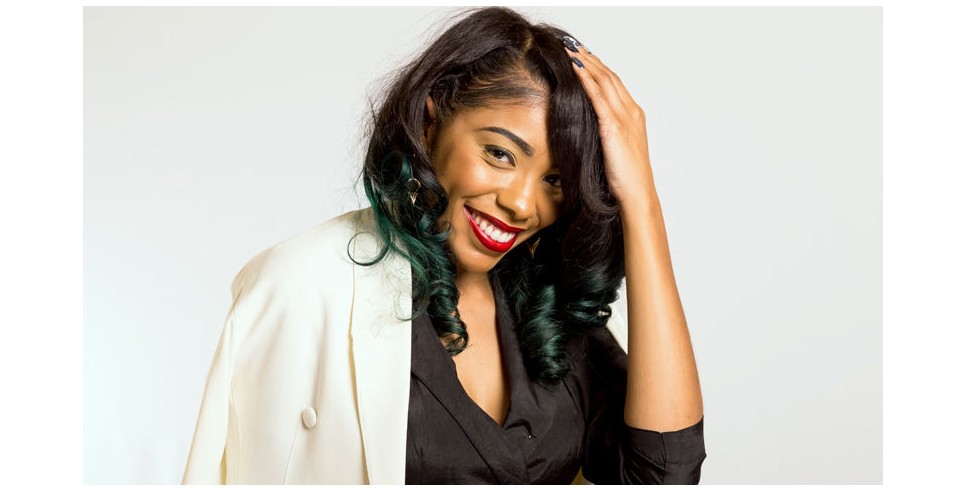
Roughly defined as a group of individuals between the ages of 18 and 34, the “Millennial” generation is now projected to surpass Baby Boomers as the largest living generation in the nation, according to the U.S. Census Bureau’s 2014 national population projections.
Disillusioned by dwindling long-term employment options and dismal statistics, such as young workers facing more unequal wage earnings between education levels than their same-aged peers did in earlier times (Pew report), it’s no wonder that The Pew Research Center also reports that over half (51 percent) of millennials do not believe there will be any money left for them in the Social Security system by the time they retire. Furthermore, with confidence in their long-term economic prospects shaken, an additional 39 percent of millennials believe the system will only be able to provide them with retirement benefits at reduced levels.
When these glaring statistics are coupled with the fact that millennials constitute 40 percent of the national unemployment rate (MarketWatch), it makes sense that their work values have been reevaluated to reflect the current status of the workforce paradigm. According to a 2012 Net Impact survey, 88 percent of millennial workers consider “positive culture” important or essential to their dream job, and 86 percent said the same for work they found “interesting.” When compared to the older generations, millennials place a higher priority on the “work-life blending” model, preferring more leisure time and flexibility, and as noted in a Huffington Post article, most millennials reject the idea of being required to be “physically present and onsite in order to accomplish the organization's mission.”
Twice as likely as non-millennials to travel as a hobby, half of millennials surveyed by The Boston Consulting Group reported taking four or more overnight leisure trips per year, and American Express Business Insights states that when it comes to travel spending, millennials are the fastest-growing age group. Representing 20% of all international travelers, according to both World Youth Student and Educational (WYSE) Travel Confederation and U.N. estimates, millennials generate a staggering $185 billion in international tourism revenue and are creating new trends for future travel behaviors.
So what does all this mean for the future of the U.S. workforce? Consider two additional interesting facts: 1) In a survey released by Bentley University, sixty-seven percent of millennials stated their goal involved starting their own businesses; and 2) A recent Forbes article stated that by the year 2020, over half of the U.S. workforce willbe independent contractors.
If simple deductive logic is applied, and one considers the fact that millennials are now the largest living generation, it’s safe to assume that the majority of 2020’s independent contractors will be millennials. Similarly, deducing from Bentley University’s survey results, it can be assumed that millennials who are not independent contractors will most likely be business owners, with only a small minority existing as traditional workers. The Harvard Business Review has even gone so far as to call the current climate “a nation of free agents, freelancers [and supertemps.]”
Considering all of the numerous employment factors millennials currently face (lack of security, lack of options and lack of flexibility), an increasing number of young workers are now embracing the thriving freelance economy as a means to secure their own independence. Gone are the days when simply going to college and getting a degree assured success and a comfortable income; and millennials are well aware of this changing trajectory. Not only does freelancing offer young workers the flexibility to work on their own side projects and businesses, but it also opens the door for remote work, as freelance sectors such as information technology, public relations, and programming often require only an internet connection.
As noted by one writer for The Atlantic, compared to older generations who waited until retirement to travel the world, “under these circumstances, it makes sense that [millennials would] travel now, instead of saving travel for a future that is in no way guaranteed.” More importantly, as a remote traveler, there’s no reason to wait. Digital nomads, who are defined as “individuals who leverage technology in order to work remotely and live an independent and nomadic lifestyle,” are steadily increasing in number, and can typically live anywhere in the world that offers access to wifi.
There are even co-working travel companies such as “Workaway Camp,” which host worldwide trips for individuals who want to escape boring office environments while also working productively amongst other nomadic workers. Gathering up to 20 entrepreneurs in remote luxury houses for several days, Workaway Camps are dedicated to “getting things done, talks, feedback sessions and, of course, fun.”
In this new American economy of uncertainty, many millennials have simply taken it upon themselves to build their own “American Dream.” The hard-hitting recession was not only a catalyst for redeveloping outdated business models, but an eye-opener. Millennials discovered that if they wanted to lead better, freer and more fulfilling lives they would have to examine what was really important to them and find ways to leverage the liberties provided by the digital age and the Internet. In an era of millennial millionaires such as Mark Zuckerberg and Jon Reynolds, the young workforce is no longer comfortable with being complacent with what’s offered them—they are demanding a say in the developing workforce and they are being heard.
Brittany “Bella” Graham is the CEO of Miss Bella Graham Consulting™, and a Beverly Hills based creative director, marketing consultant, poet and writer with several years of experience in the Beauty, Fashion, Nightlife, Lifestyle, Food and Travel industries. Bella is also the Founder of Global Sophisticate, an exclusive lifestyle and travel club for creative professionals.









